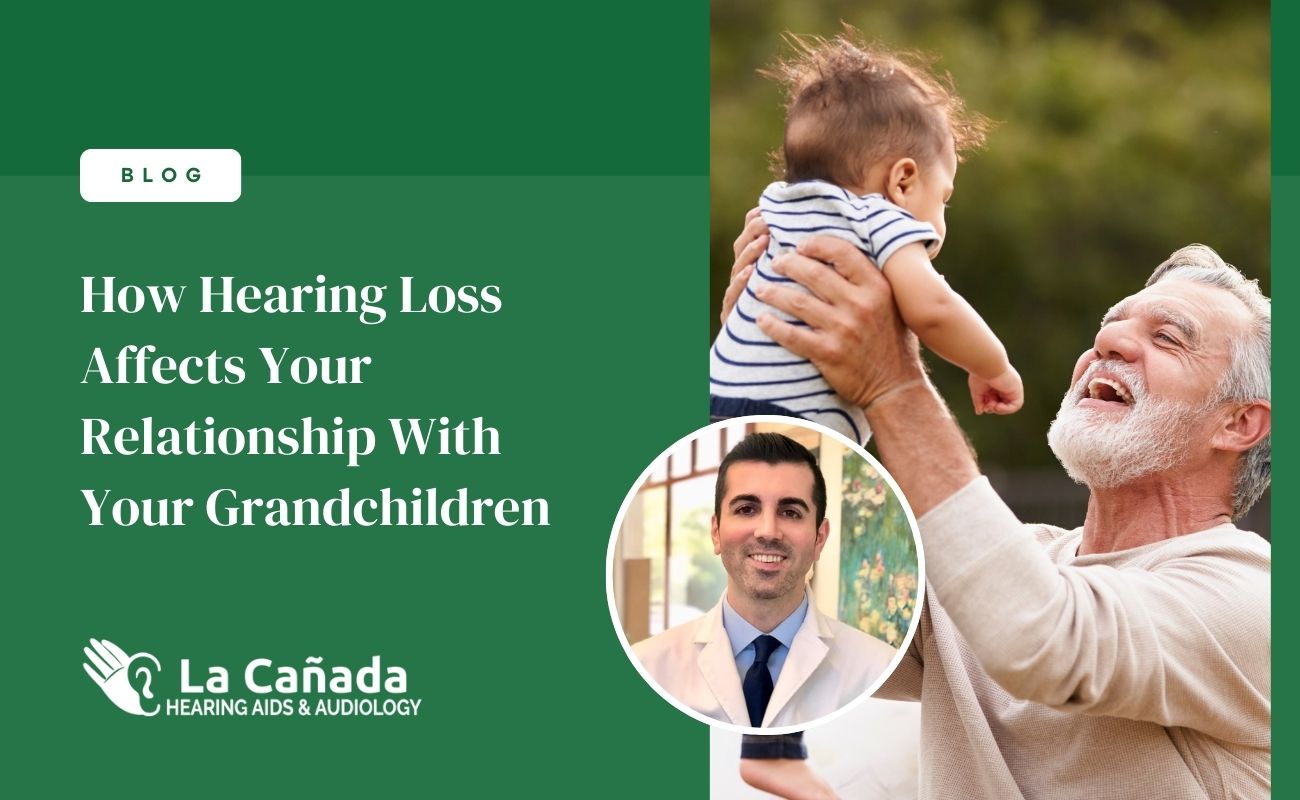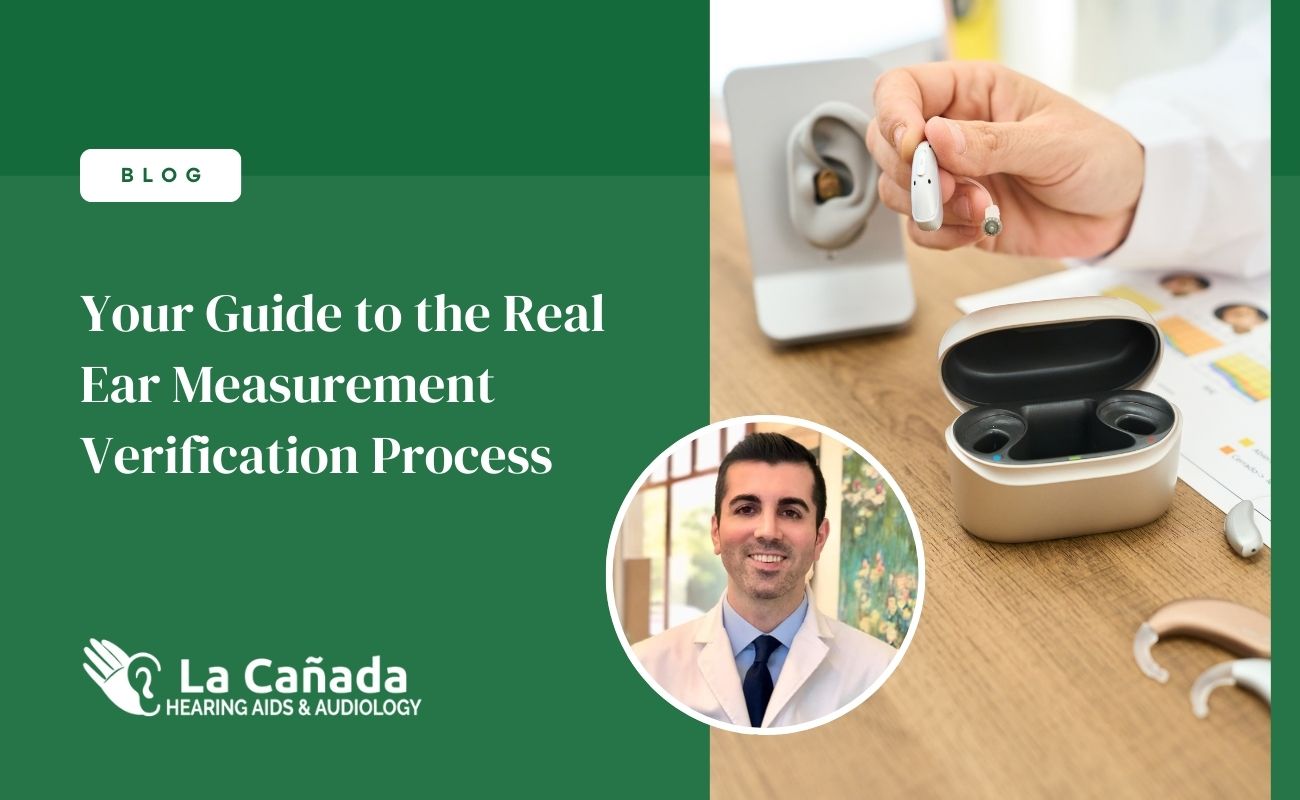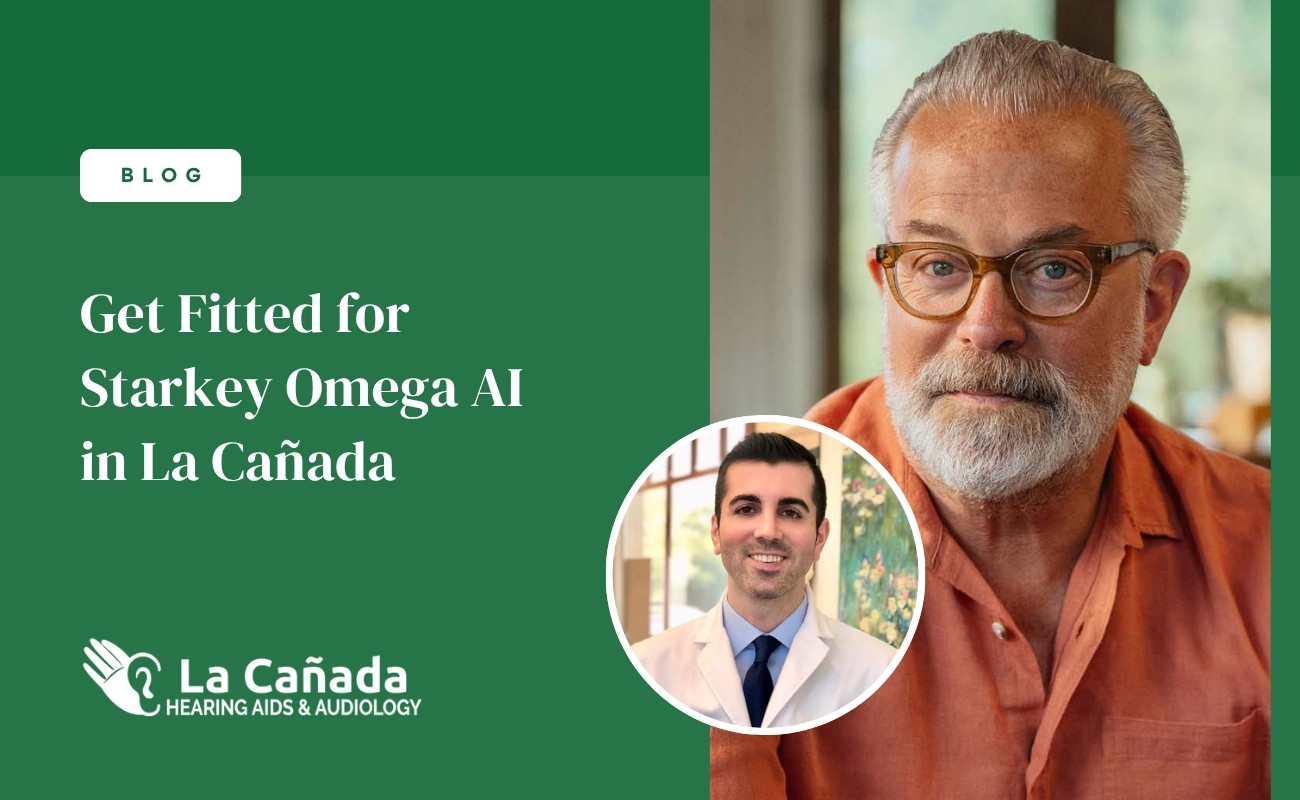As we age, we begin to notice everyday things start to change. We move a little slower, require more time to recharge and for some, sound seems to affect us differently. You are not just imagining that some sounds seem louder than others and more irritating than before. By exploring differences in the way younger and older adults respond to sounds, neuroscientists at Western University in Canada have found that our brains become more sensitive to sounds as we age. This may lead to hearing challenges over a lifetime. Sound sensitivity as we age is most common in individuals with hearing loss, but it can occur without hearing loss as well. Some can become so sensitive to sound they can barely tolerate what many others consider a “normal” level of sound.
Auditory Cortex Study
As we get older, the hair cells and nerve fibers in our inner ears deteriorate. Some studies have shown that a reduced blood flow, which is a natural part of aging, causes changes in our ears. It could also be due to prolonged exposure to loud noises or a combination of factors. Once the cells are damaged, they cannot recover. This is why it is important to protect your hearing while you can.
An article published in the Journal of Neuroscience said a study examined the auditory cortex of individuals in their 20s and their 60s and they had very different results. This might explain, researchers said, why some individuals develop over-sensitivity to sounds.
“We looked at younger and older individuals who have clinically normal hearing and we looked at how the brain’s ability to adjust its sensitivity to sound levels is affected by aging,” said postdoctoral scholar Björn Herrmann, the study’s lead writer. “What we observed is that older individuals don’t adapt as well to their sound environment.”
Background noise Becomes More Difficult to Filter Out
The problem becomes more common as we age: A friend is talking to you, you see their mouth moving and you can hear their voice, but through the noise of other voices and music, you just can’t decipher most of the words being said. Part of the issue, new research finds, may lie not in the ear itself but rather in the brain’s ability to filter out background noise.
“Our ability to hear in noisy conditions depends on how well our brain rhythms synchronize with the rhythms of the sound we’re trying to listen to,” said Molly Henry, a postdoctoral researcher in neuroscience at the University of Western Ontario. The researchers found that the younger adults were able to zero in on the target signals while filtering out the irrelevant noise. Brain signals in the older adults, on the other hand, showed that they struggled more tuning out the background noise.
How Hearing Aids Help
Hearing aids have been proven to help time and time again in filtering out background noise and reducing sensitivity to sound. Using a hearing aid presents a number of advantages to a hearing-impaired person. First and foremost, you will hear a lot better. Hearing aids do not restore your hearing to normal, but they can improve it significantly. Not only do they help you hear better but they have been proven to increase earning power at work, slow cognitive decline and reduce tinnitus. Most importantly they can help you live better in your golden years. The Better Hearing Institute has found that people who wear hearing aids to correct their hearing loss enjoy a better quality of life than those who let hearing loss go untreated.
Get Your Hearing Tested Today
If you suspect that you are suffering from hearing loss but for some reason keep putting it off, today could be the day you stop procrastinating. Some noise issues, especially hearing loss, can and should be corrected with hearing aids. The first step to making sure you keep your hearing where it needs to be is to make an appointment for a hearing test with La Canada Hearing. Contact us to set up a hearing test to see if hearing aids are right for you. You have so much to gain from a life healthy hearing. Contact us today!


.webp)





